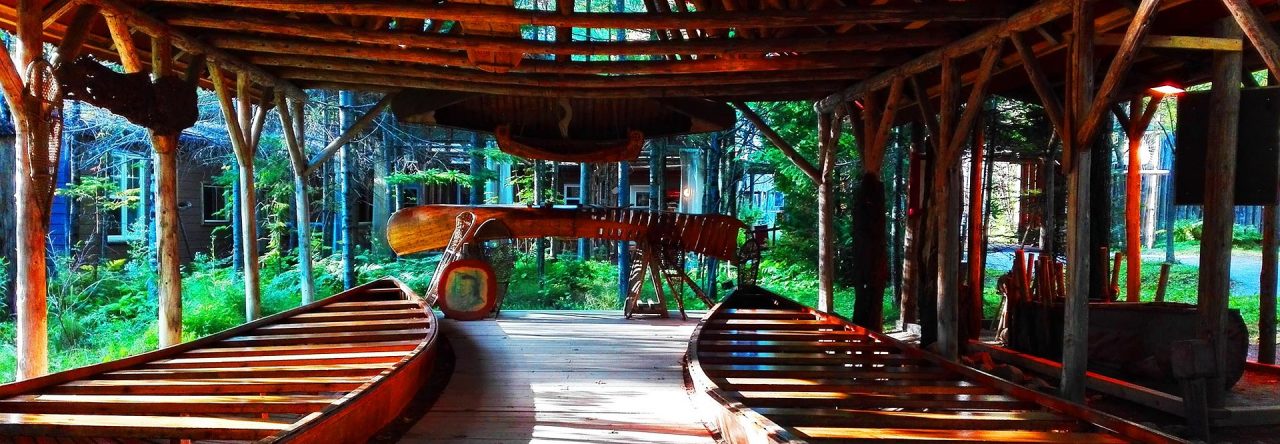This semester has developed my learning in many ways, particularly as a student not planning on continuing to study history. The act of working each week to examine different topics has forced me to consider what the main point of what I am reading is. Figuring out what history is and how to “do” it has pushed me to do better in all my classes, and with only one history class prior to this one I feel this class has built on my knowledge of where we came from and how we can look at the future in light of the past.
To answer the vague question of “What is history?”, I went back to the first week of the semester when we were asked to answer the same question. My answer at the time was that history is the study and interpretation of past events, people, periods, and viewpoints. I also noted that history considers the impact of these factors on the people who experienced them, people and society today, and how they will impact the future. As I look back on the semester, I think this idea still rings true. Doing the reading logs each week encouraged me to consider all aspects of the sources we were reading, including the author’s background, the sources used, and the time period secondary sources were written. I had not been exposed to the idea of historiography before the semester, but I believe considering the author’s point of view is a skill that can be transferred into any subject that I study.
The next question, regarding how history is done, was also summed up at the beginning of the semester. At the time I said that “doing” history involves studying and interpreting the past through different lenses. I also said that doing history involves considering who is presenting the narrative of the event or time period, and who might have been excluded. Also included in the lens through which you look at history is in how the information you are interpreting has been biased by other historians. While I still agree with this statement, I think there is more to “doing” history than just interpreting past events and documents. I think part of “doing” history is looking at the issues of today considering how issues of the past were created and solved. As we have studied the events of the past, I have noticed time and time again that the issues that plagued early Canadians are often still affecting Canadians today. Although there were temporary solutions to these issues, many of the larger societal issues were not addressed and are therefore still exist in our society today. If we are to make changes in Canadian society, each day must be approached with the view that one day we will be part of the history books and must therefore be aware of the past in order to avoid making the same mistakes.
As the semester wraps up and we move on either to continue in history or onto other subjects, I think the most important takeaways from the class come from the weekly reading logs. They taught us critical thinking and writing skills and an understanding of where we all came from. From the Indigenous communities that inhabited this land for thousands of years to the fur traders that established the Canadian economy, a respect and understanding for the people that came before us should be required learning for all Canadians, not just those with a future in history.
